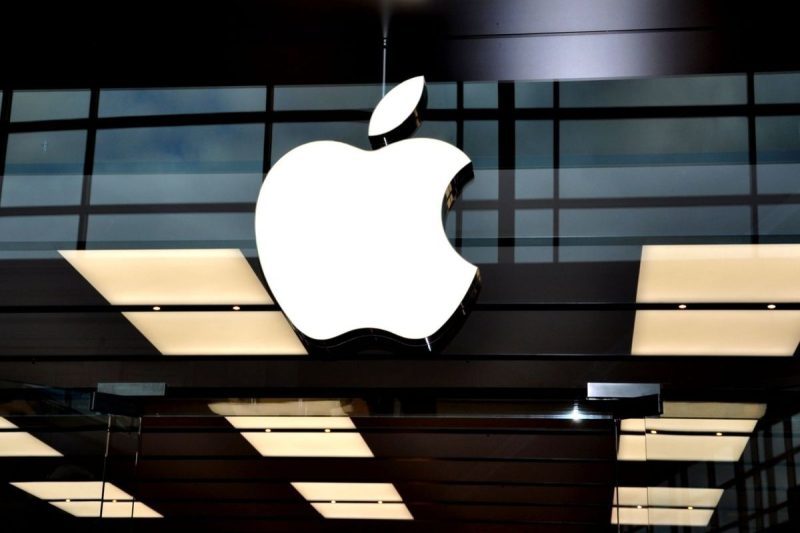June 19, 2024
Apple and OpenAI Team Up, Triggering Privacy Debate with Elon Musk
 The recent news of Apple and OpenAI partnering up has ignited a heated debate around privacy concerns, particularly with vocal tech entrepreneur Elon Musk. This unexpected collaboration between the tech giant Apple and the artificial intelligence research organization OpenAI has raised questions about data privacy, user consent, and the implications of advanced AI technologies.
Elon Musk, known for his investments in AI technology through companies like Tesla and Neuralink, has been a vocal critic of unregulated artificial intelligence. Musk has raised concerns about the potential dangers of AI surpassing human intelligence and the need for strong ethical guidelines to govern its development and use. Therefore, it comes as no surprise that Musk has expressed skepticism about the partnership between Apple and OpenAI.
The partnership between Apple and OpenAI involves the integration of OpenAI's cutting-edge AI technologies into Apple's products and services. This collaboration could potentially enhance Apple's Siri virtual assistant and other AI features in its ecosystem. However, the concern arises from the vast amount of user data that Apple collects through its devices and services, and how this data will be utilized in conjunction with OpenAI's advanced algorithms.
Privacy advocates worry that the partnership could lead to further data mining and the potential for breaches of user privacy. Apple has always prided itself on its commitment to user privacy and security, but integrating AI technologies from OpenAI could bring about new challenges in safeguarding user data. With AI becoming increasingly sophisticated and capable of analyzing vast amounts of data, the risks of unintended data exploitation or privacy violations are very real.
On the other hand, proponents of the partnership argue that the collaboration between Apple and OpenAI holds great potential for innovation and improving user experiences. By leveraging OpenAI's advanced AI capabilities, Apple could enhance its products and services in ways that benefit consumers. From personalized recommendations to more intuitive user interfaces, the integration of AI could lead to significant advancements in Apple's technology ecosystem.
Ultimately, the debate surrounding the Apple-OpenAI partnership underscores the need for careful consideration of privacy implications in the development and deployment of AI technologies. As AI continues to play an increasingly prominent role in our lives, it is essential for companies like Apple to prioritize user privacy and transparency in their AI initiatives. Collaborations such as this one between Apple and OpenAI should be subject to rigorous scrutiny to ensure that user data is handled responsibly and ethically. It is clear that striking the right balance between innovation and privacy safeguards will be a key challenge for tech companies in the years to come.
The recent news of Apple and OpenAI partnering up has ignited a heated debate around privacy concerns, particularly with vocal tech entrepreneur Elon Musk. This unexpected collaboration between the tech giant Apple and the artificial intelligence research organization OpenAI has raised questions about data privacy, user consent, and the implications of advanced AI technologies.
Elon Musk, known for his investments in AI technology through companies like Tesla and Neuralink, has been a vocal critic of unregulated artificial intelligence. Musk has raised concerns about the potential dangers of AI surpassing human intelligence and the need for strong ethical guidelines to govern its development and use. Therefore, it comes as no surprise that Musk has expressed skepticism about the partnership between Apple and OpenAI.
The partnership between Apple and OpenAI involves the integration of OpenAI's cutting-edge AI technologies into Apple's products and services. This collaboration could potentially enhance Apple's Siri virtual assistant and other AI features in its ecosystem. However, the concern arises from the vast amount of user data that Apple collects through its devices and services, and how this data will be utilized in conjunction with OpenAI's advanced algorithms.
Privacy advocates worry that the partnership could lead to further data mining and the potential for breaches of user privacy. Apple has always prided itself on its commitment to user privacy and security, but integrating AI technologies from OpenAI could bring about new challenges in safeguarding user data. With AI becoming increasingly sophisticated and capable of analyzing vast amounts of data, the risks of unintended data exploitation or privacy violations are very real.
On the other hand, proponents of the partnership argue that the collaboration between Apple and OpenAI holds great potential for innovation and improving user experiences. By leveraging OpenAI's advanced AI capabilities, Apple could enhance its products and services in ways that benefit consumers. From personalized recommendations to more intuitive user interfaces, the integration of AI could lead to significant advancements in Apple's technology ecosystem.
Ultimately, the debate surrounding the Apple-OpenAI partnership underscores the need for careful consideration of privacy implications in the development and deployment of AI technologies. As AI continues to play an increasingly prominent role in our lives, it is essential for companies like Apple to prioritize user privacy and transparency in their AI initiatives. Collaborations such as this one between Apple and OpenAI should be subject to rigorous scrutiny to ensure that user data is handled responsibly and ethically. It is clear that striking the right balance between innovation and privacy safeguards will be a key challenge for tech companies in the years to come.
If you would like to delve into the world of investment topics , go to our partner project Wall Street Wizardry


